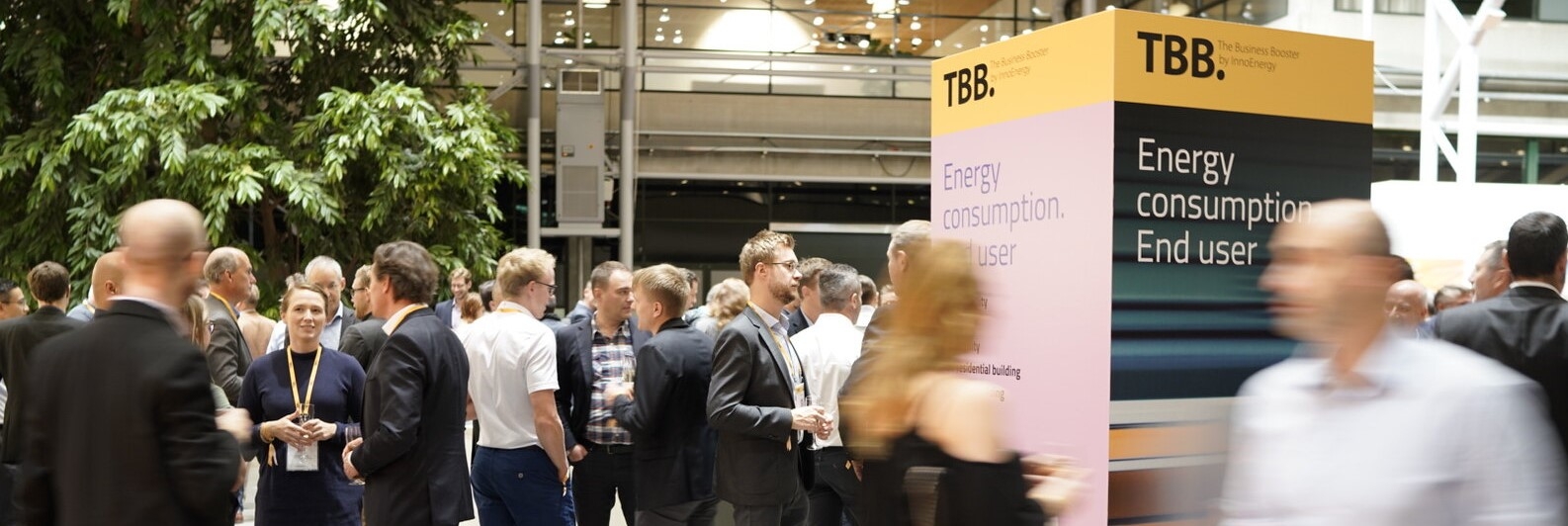InnoBlog: My study experience

In my second year of studying at EIT InnoEnergy Master School, I was contacted by a young engineer who was interested in applying to the same programme that I was studying. I thought that many of his questions were similar to the ones I had prior to starting the programme so I decided to organise them in this article with hope that it can be useful to future students.
Would I recommend the programme?
Yes, of course, why else would I write this article.
Every study programme has its advantages and drawbacks, I would therefore recommend that students study the curriculum of the programme that they are most interested in, attend programme webinars to interact with programme directors and use it as an opportunity to ask any questions that they might have. Alternatively, like the young engineer who contacted me, getting in touch with current students to get a better overview about their experience of studying at two European universities would be beneficial to make decisions.
Study experience
After graduating, you will have two Master’s degrees from top technical universities. I selected KTH for my first year, to gain overall knowledge in nuclear engineering, whereas for my second year, I chose Grenoble INP where I studied MaterialScience Application in Nuclear Engineering, something that would allow me to broaden my expertise in the industry.
As both universities have a good reputation and are known for accepting only top students, it is very strong to have these on your CV. Attending top technical universities means that my programme was mostly filled with mandatory courses rather than elective.
Keep in mind that you will also be fairly busy not only during your studies but also holidays. In summer, between Year 1 and Year 2, students attend Grenoble Management School (GEM) as part of the Innovation & Entrepreneurship Journey. In addition, I also arranged two more summer schools myself: Swedish experience in waste management and a scholarship sponsored, Nuclear Corrosion Summer School (NuCoSS-19) that I can highly recommend.
The industrial connection
Compared to a conventional master programme in nuclear engineering, EIT InnoEnergy offers more industrial visits and contacts.
Faculties in KTH have a close collaboration with nuclear industry in order to address public’s concern. As a result, we are taughtknowledge, theoriesand even philosophy (for thework culture that is focused on safety).
During the Reactor Physics course that I took in KTH, we had a chance to visit an experimental reactor and even observe the core phenomena in response to various input operation behaviours.
In summer we attended summer school in SKB in Oskarshamn to learn about the waste storage strategy in Sweden.
France has a long history and big market for nuclear power and thus has much more interest and funding in nuclear technology research, including general light water reactor or advanced reactor using molten salt and sodium. During my studies there we visited a fuel cladding manufactory in Ugine (owned by Framatome) to see the shape Zirconium alloy, EDF Bugey Nuclear Power Plant, CETIC training centre, and Framatome Saint-Marcel factory for reactor pressure vessel and steam generator.
Additionally, we were invited to attend the 2019 International Energy Policy conference in IAEA headquarters in Vienna, Austria!
The industry connection does not end there; as most of the teaching staff in Grenoble are from CEA, EDF, Framatome, ORANO, Grenoble INP SIMAP lab, etc. It was precious that we can glance into our future life in the industry through their shared experience and research outcome. Doesn’t it sound amazing?
Multinational living experience
Before my arrival to Europe I had no idea of what life in France and Sweden would entail – most importantly I didn’t know if I would even like it!
The benefit of the joint programme meants that I could observe the administration systems, work lifestyles, people and environment to understand what country I would like to stay in after my graduation. That is not to say that you will not encounter any issues: administration process for a non-European citizen such as getting a visa can be tough, and I have definitely experienced challenging moments. However, where there’s a will there’s a way and I am happy to say that I have started my internship in Sweden at Studsvik.
I would therefore encourage all students to embrace the unique experience of living in different countries as well as make the most of it: join local language classes, student societies, attend industry events and meet new people who at the end can also become your local support network. There might be aspects of living in a new country that you may or may not like but it is sure that the experience and insights that you will gain will be invaluable!
By Tawei Lin, EIT InnoEnegy Master School student

